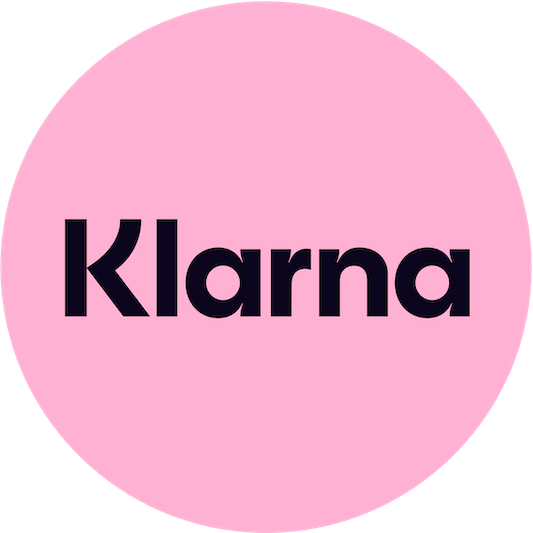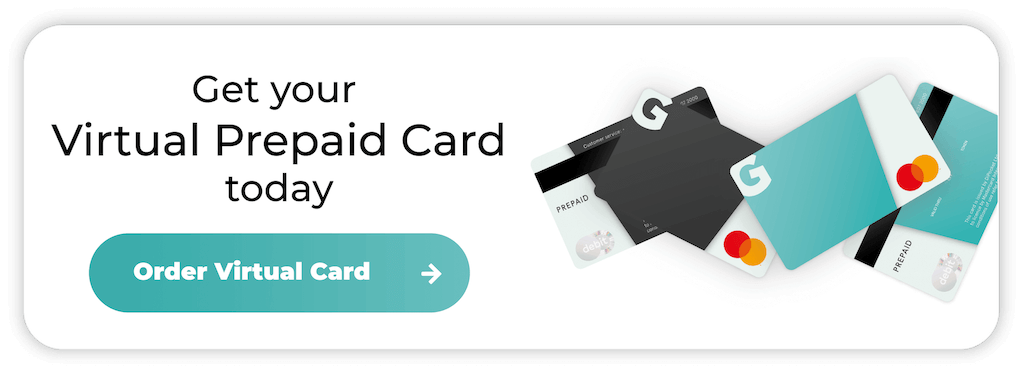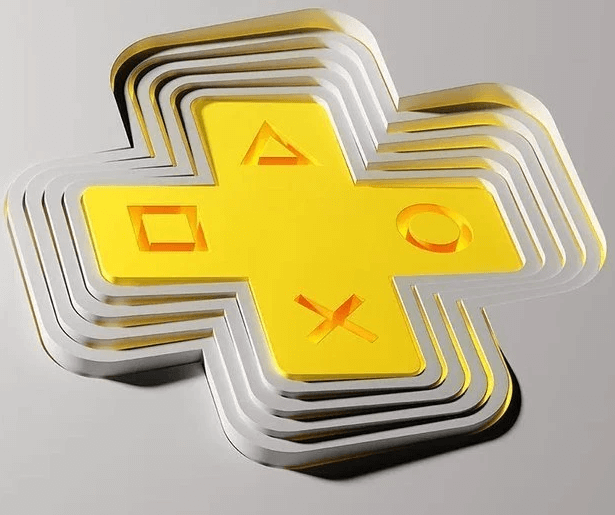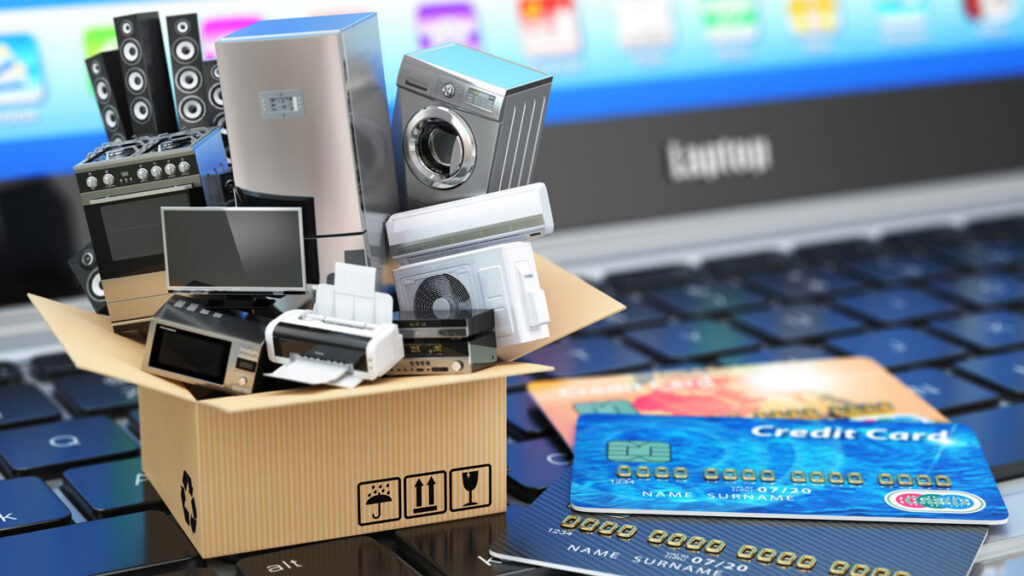
Is Klarna Safe?
In recent years, we’ve seen an explosion of BNPL (Buy Now, Pay Later) services, allowing consumers to make purchases immediately and worry about paying for them at a later date. Klarna is one of the most popular BNPL services, down to 100 million users and 724.000 merchants (April 2025) in 25 markets.
As businesses adapt traditional payment methods to meet consumer demands, it’s important to understand how Klarna operates. In this guide, we’ll assess Klarna’s safety and security so you can shop online with confidence.

What is Klarna?
Founded in 2005, Klarna is a fintech company from Sweden. The company prides itself on its ability to provide a smoother shopping process by giving consumers flexible payment options. It also enables brands to sell more products by removing the hurdles of instant payments.
Shoppers have four payment options from Klarna:
- Pay in 3: Purchase and pay for a product in three convenient monthly instalments. This option is ideal for people who prefer splitting the costs of items.
- Pay in 30 Days: The Pay in 30 Days option means you can buy an item and have up to 30 days to repay the outstanding amount. In some cases, Klarna will let users delay their repayments, making them easier to manage.
- Financing Options: Klarna also offers financing options for consumers who want to make a larger purchase. The monthly payments make it more affordable, but there are interest rates.
- Pay Now: Klarna offers instant purchases through the app or website, which enables consumers to buy items and enjoy additional security.
Klarna security measures
Klarna has a positive reputation among consumers, which is attributable to its robust security measures. The platform takes its commitment to privacy and security seriously, with the following features supporting user activity.
Regulated consumer credit activities
The platform operates under strict regulatory frameworks, protecting its users. In November 2023, the company received FCA authorisation for credit services and regulated payments.
Consumer credit activity regulations clearly state that lenders must follow guidelines, including offering fair terms to consumers and disclosing all fees upfront.
You can review Klarna’s FCA regulation information and firm reference number here.
Encryption and data protection
Klarna uses advanced encryption methods (AES-256 and TLS) to secure data transmission and storage. Its data protection system ensures all personal details and credit file information are safe against fraud, terrorist financing and money laundering.
All data policies adhere to the GDPR (General Data Protection Regulation) and PCI DSS guidelines. Superior encryption measures scramble your personal information, ensuring it remains safe during a data breach.
Buyer protection policies
Klarna customers receive additional security through Buyer Protection Policies, which include dispute resolution. For example, if you order a product and don’t receive it or the product is defective, you can file a complaint through the Klarna app.
These measures can also protect sellers when assessing whether customers received their items and identifying potential fraud.
The potential risks of using Klarna
While Klarna implements safety measures, it’s not invincible. As with all fintech platforms, Klarna can be at risk of cyberattacks, including phishing scams, malware and data breaches. Knowing the potential threats to your online safety ensures you stay alert and enjoy shopping online.
Data privacy concerns
Klarna requires extensive personal information, including your name, address, phone number, email, and financial details. When you set up Klarna’s Pay in 30 Days or use the instalment feature, you’ll need to connect a payment method, such as a debit or credit card.
While the platform deploys encryption and other safety measures, minor errors can cause data leaks. Cyberattacks can – and do – happen. In 2021, Klarna experienced a data breach that caused issues for over 9,000 users, highlighting its potential vulnerability.
Third-Party sharing
The platform’s business model involves partnerships with third-party service providers and retailers. In order to function, it needs to share your data with these entities, which can increase the risks of breaches.
However, Klarna’s privacy policy clearly outlines its expectations when working with third parties, highlighting its commitment to providing customers with a secure experience. Unfortunately, the app doesn’t have much control over data that leaves its ecosystem.
Fraudulent transactions
Another significant risk associated with using Klarna is the potential for fraudulent transactions. As people find the platform highly accessible, cybercriminals may take advantage of it and cause potential risks for users.
Account takeovers
Klarna accounts are like goldmines for cybercriminals because they can make unauthorised purchases once they access your login information. The deferred payment option also means users might not notice their accounts have been breached until they receive payment alerts.
Phishing scams
Phishing scams might be retro, but they’re still popular among criminals. Most breaches occur when users click fake messages or emails from “Klarna” and share their personal information. Unfortunately, the scams can be sophisticated, so vigilance is essential.
Regulatory and legal risks
Klarna is currently available in 45 countries, but BNPL services are still evolving. Some countries might not have regulations in place to protect consumers. The areas without strict regulations could mean that users don’t have the same safety as traditional payment methods.
It’s essential to understand the potential risks to your safety and follow regulatory framework developments.
How to keep safe while using Klarna
Shopping with Klarna doesn’t have to be stressful. As long as you remember to be alert for potential safety risks and take steps to protect sensitive information, you can look forward to making interest-free payments and shopping with your favourite brands.
Here’s how to keep safe when using Klarna:
- Use Strong Passwords: Ensure your Klarna account is protected with a unique password that isn’t easy to guess. Using the same password across different websites might be convenient, but it helps hackers access your personal information.
- Enable Two-Factor Authentication: Whenever possible, enable 2FA to add an extra layer of security to your account. Instead of just logging into your account, 2FA will send an email or SMS message to verify your identity. Hackers won’t be able to log in unless they have your email or mobile information.
- Monitor Accounts Regularly: Keep a close eye on your financial statements and Klarna account for any unusual activity. Maintain records of your online shopping activities and raise a dispute if you notice any unusual transactions.
- Be Wary of Phishing Attempts: Always verify the authenticity of communications purportedly from Klarna. Never click on links or provide information unless you’re certain of the source. Keep all activities on the Klarna app or website for extra peace of mind.
- Know Your Rights: Keep up-to-date with your region’s latest regulations and consumer rights related to BNPL services. Watch out for Klarna breaches and assess whether using other credit products will offer more security.
Klarna versus other payment method options
Choosing Klarna or other payment methods depends on your current financial situation and how you prefer to pay for items. Let’s examine how the app compares to other payment methods.
Credit cards
Credit products offer convenience as account holders can make immediate payments and pay off their balance over time. The credit limit you receive depends on your previous borrowing history and credit score.
While credit cards can be beneficial, it’s easy to accumulate debt, and the interest rates mount up. Klarna offers interest-free instalments and often has lower rates than credit cards.
Comparison with PayPal
PayPal offers a range of payment options, including direct payments, Pay in 4 and PayPal Credit. As one of the original platforms, it also has an international reputation for safety and security.
The main drawback of using PayPal is it often charges transaction fees for international purchases, while Klarna doesn’t charge consumers. Both platforms could have the same security issues, but people find Klarna easier to set up.
Apple Pay and Google Pay
Google Pay and Apple Pay are secure digital wallets that enable contactless payment using linked cards. Users can link a debit card, credit card orvirtual card with their account, ensuring speedy online and in-store transactions.
Both options offer superior security, and linking a virtual card with your digital wallet means it won’t have access to your bank account information. However, unless you’re using a credit card, you’ll need to pay for your items upfront.
So, while digital wallets and virtual cards are more secure, they require immediate funds and lack diverse payment options.
The bottom line
Klarna will continue redefining online shopping experiences, making it easy for consumers to purchase and pay for items immediately over time. Despite its many advantages, it’s still essential to understand the potential risks of using the Klarna App and take steps to mitigate them.
From setting up secure passwords to enabling 2FA and remaining vigilant to threats, you can safely navigate the world of flexible payments.
Order your Virtual Cards online
Apply for a digital prepaid card online and receive the activation code via email within 2 minutes.
Get your Card now
Frequently asked questions
Does Klarna have an Annual Percentage Rate (APR)?
If you use Klarna’s Pay in 3 or Pay Later functions, you won’t have to pay any interest. However, the financing solutions come with interest rates ranging from 0% to over 24%, depending on your credit score and the rates Klarna will offer.
Are there late fees?
Yes, Klarna will charge late fees if you’re behind. The costs are usually capped at 25% for Pay Later. If you fall behind with Pay in 3 instalments, the app can charge £5.00 for late repayments.
There’s also a significant risk that your credit score might decrease. Prioritising early repayments means you can avoid any negative repercussions.
Who's liable for fraudulent charges on a Klarna account?
Klarna will usually cover fraudulent charges, but it depends on the situation. Checking the terms and conditions for your location can help you clarify whether your account is covered in the event of fraud.
If your phone is stolen or passwords are compromised, it’s best to contact the platform to report the situation and protect your account. Taking immediate steps to prevent hackers from accessing your information prevents long compliant and resolution procedures.




